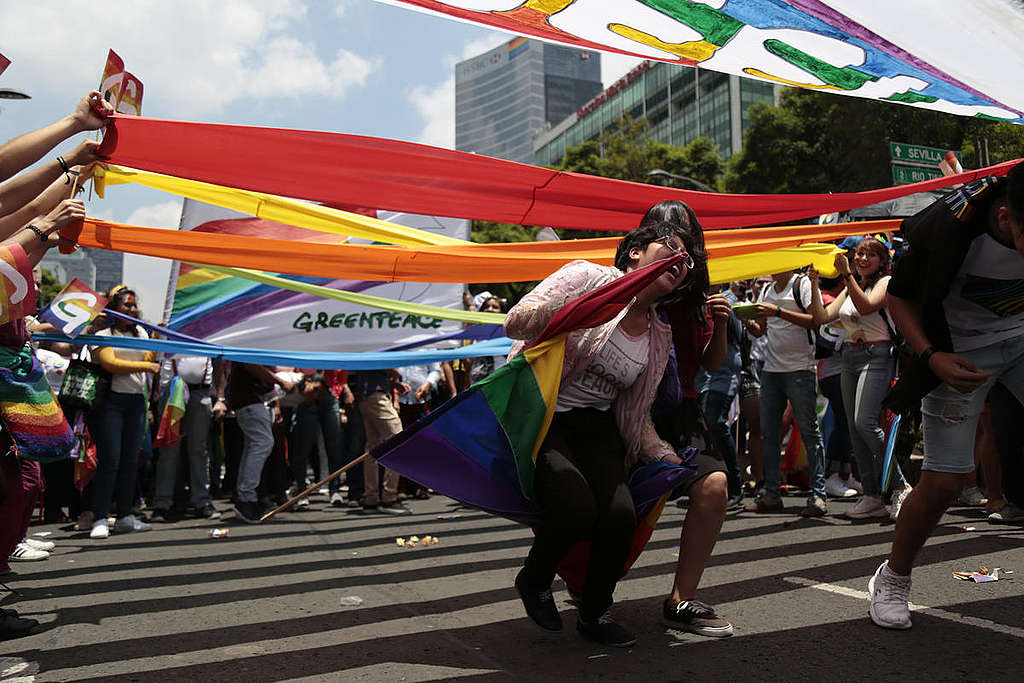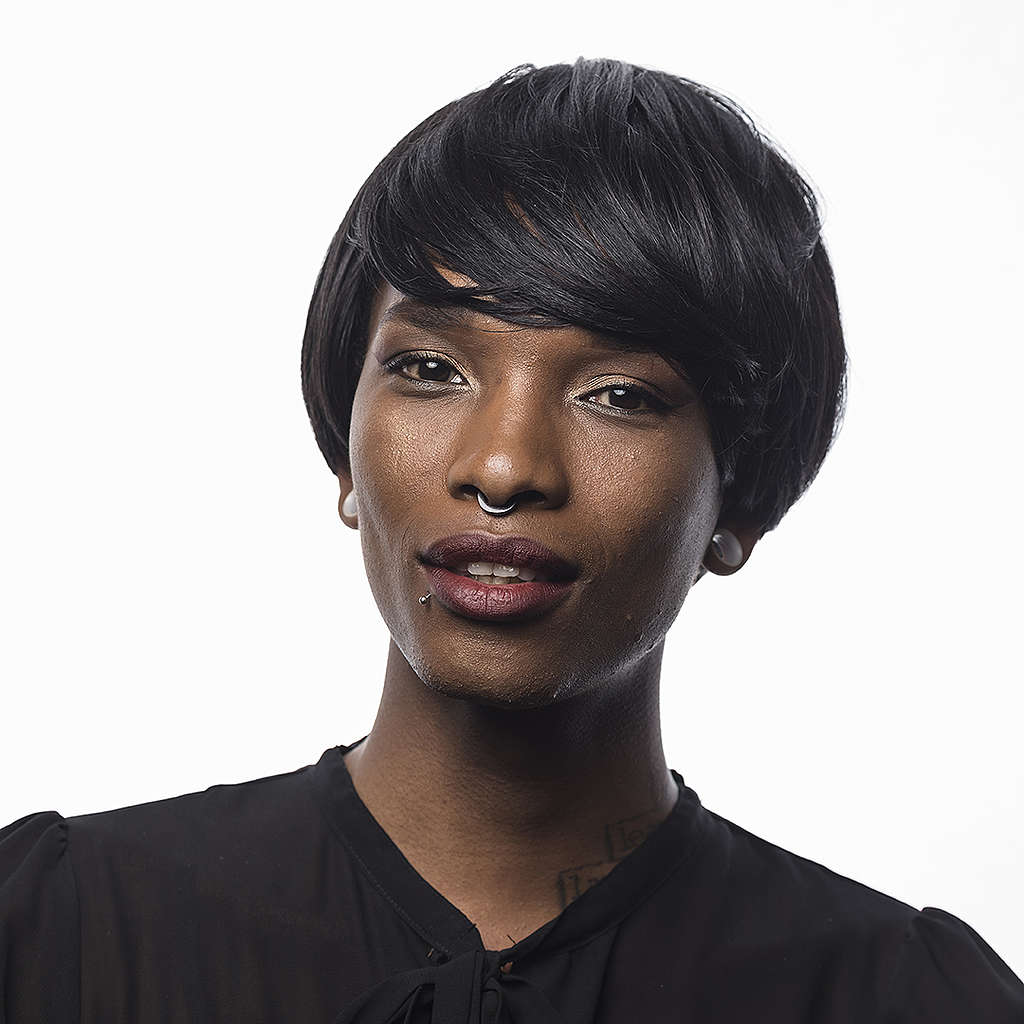
The world changed in June 1969. In Christopher Street, New York City, at least, this was the case and then the fire spread across the world. For many whose lives were not concerned with the pulse of the politics of life, nothing changed for months (and maybe, years) to come, but it's indubitable that the general fibre of society was called to realign. When the Trans Women, Drag Queens and sex workers - with Marsha P. Johnson and Sylvia Rivera at the head - charged their rage to the point of fighting back, it was a matter of appreciating the quality of life they felt they deserved, as well as saying they would no longer stand being oppressed.
The arbitrary imposition of 'order' by heterosexuals upon everybody else who had the nerve to live their lives beyond the strict confines of conformity had come to a boiling point when that first brick was thrown. No longer were Queer people willing to exist in a world that profited from their subjugation and demise. This is why we now spend the month of June saying that non-heterosexuals are as valuable to the world order as the plethora of people whose existence animates the worlds we live in. Many a person will fall into the "Pride Month" stream without the historical consciousness or awareness of why the observation exists; read on, we have you covered.
For many, Pride Month is just about celebrating the fact that love can come in forms beyond those often deemed as according to the "order of nature". This phrase has been the anchor for anti-Queer movements and legislation in many countries. The fact that there are currently 71 countries that criminalise consensual same-sex sexual activity in 2022 - many in Africa and almost half in the Commonwealth - is a reminder that the history made in 1969 still has a long way to go for some. What then becomes a stark awakening is the rapid degeneration of the wellbeing of Earth while we fight for our human rights as LGBTQIA+ people.
As someone working in conservation, I spend all 12 months of my year concerned with how to raise consciousness among my fellow humans about the wrongs we are affecting upon our very source of life. As such, I can't say June doesn't matter, but I constantly ache for more recognition of the environmental actions of my Queer kin in this time. While many of us are forced to work in systems that value economic profit over communal well being, there also seems to be a great disconnect between what many call personal freedom and how they understand why we want to be free. Conservation is still by some viewed as the stuff of "tree huggers". However, while much of the cultural produce that is LGBTQIA-centred is light and trivial, many of us are living under conditions that make us susceptible to the impacts of climate change.
As we celebrate Pride Month, there has to be a sincere introspective journey that allows us to recognize those of us who are experiencing life on the margins of the margins we already know exist. When land defender, Tara Houska Zhaabowekwe said "We can't live without clean water to drink, clean earth to grow food, and clean air to breathe - those are fundamental truths", this was a charge to have people understand that we can't be rights-bearing humans without a healthy world to live in. Protecting Earth is protecting ourselves. This is why I appreciate the work of Queers x Climate, OUT for Sustainability, Isaias Hernandez of Queer Brown Vegan and more, because it reminds us that LGBTQIA+ rights aren't antithetical to climate justice work; social justice and environmental justice are inseparable. So, as we celebrate this Pride Month, 53 years after the rage was ignited, let us not forget to advocate for the world we live in because when she taps out, so do all of us.

Katlego Kai Kolanyane-Kesupile is a cultural architect, development practitioner, Trans ARTivist and TED Fellow. She is Botswana's first openly trans-identifying public figure and holds a Sociology Masters in Human Rights, Culture, and Social Justice from Goldsmiths University. Katlego recently featured in Greenpeace's 6 African women shaping the climate conversation. You can follow her on Twitter and Instagram.
Guest authors work with Greenpeace International to share their personal experiences and perspectives and are responsible for their own content.






